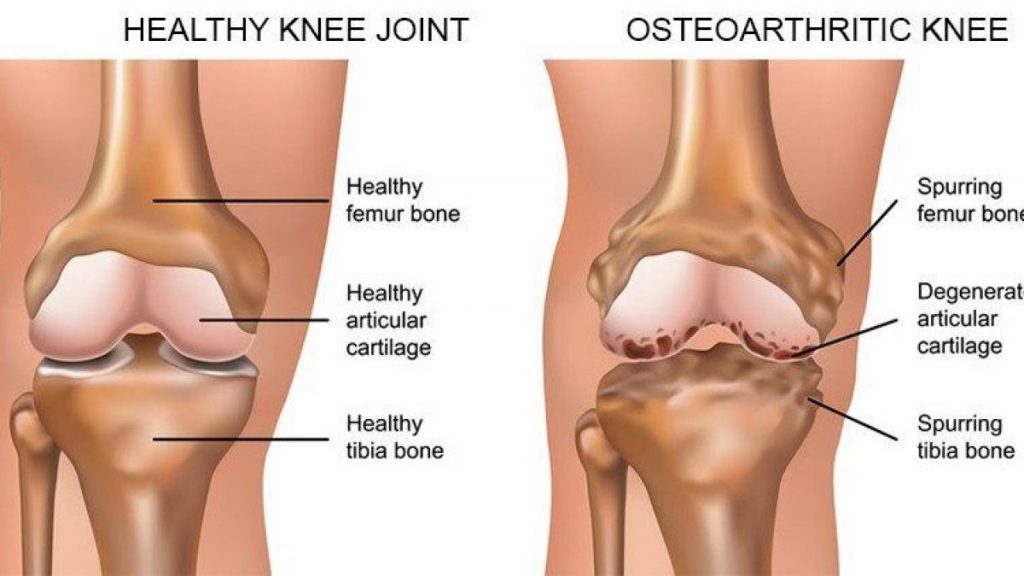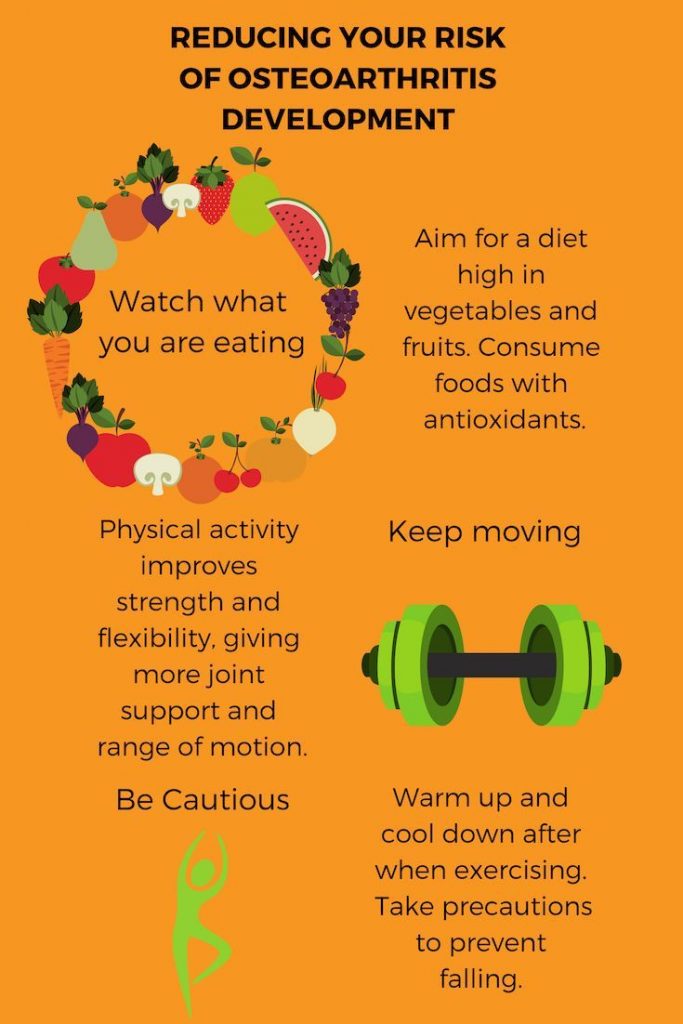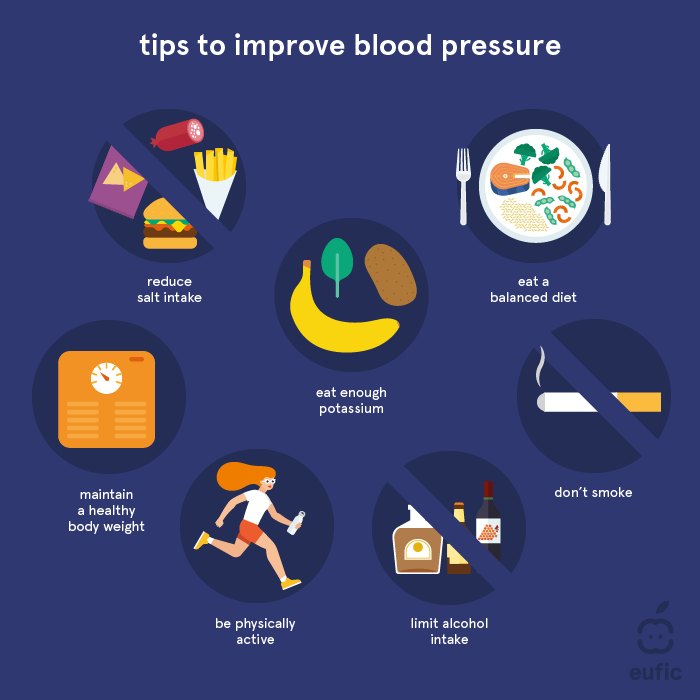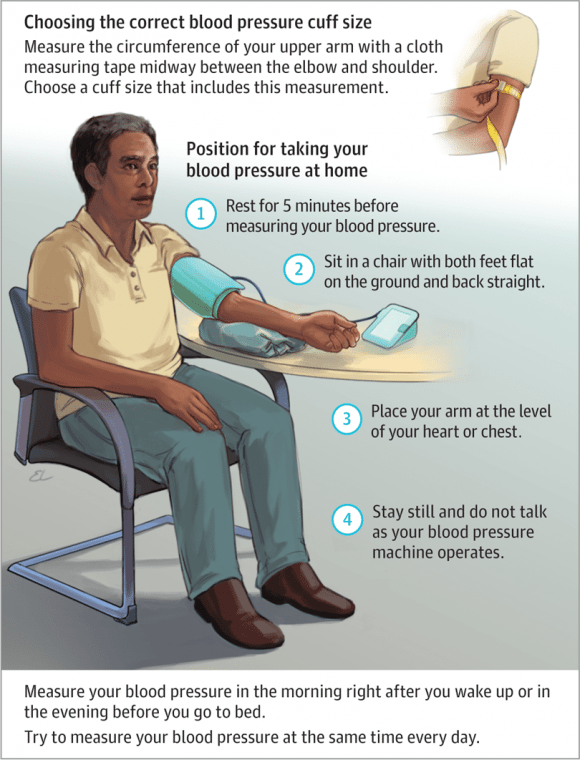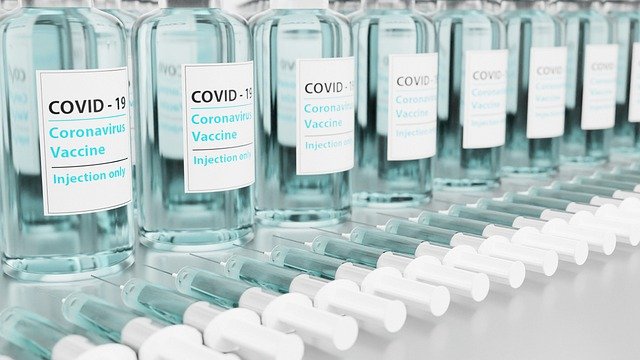
Depression is a medical illness that negatively affects how you feel, the way you think and how you act.
Depression is different from being sad. So, can depression be cured?
Although depression can be cured with time, it depends on the type and severity of the depression.
The first step towards getting over this disease is to have a better understanding of its causes.
Symptoms
There are many types of depression. Major depressive disorder(MDD) is the most common form of depression. Symptoms include:
- Loss of interest in activities you once enjoyed
- Feeling fatigued
- Changes in weight or appetite
- Sleeping issues
- Trouble in making decisions, thinking, and concentrating
Usually, symptoms persist for at least two weeks before a person is diagnosed with MDD.

Medications
Antidepressants can alleviate the symptoms of depression. They help you feel better and prevent relapses.
It is important to note that antidepressants do not cure depression but merely alleviate the symptoms.
They work by generating more serotonin in the brain.
Moreover, it takes at least 4 to 6 weeks to work. So, you have to take the medications regularly.
Lifestyle Changes

Besides taking medications, certain lifestyle changes can also be made.
One way is to avoid alcohol. Alcohol is a temporary fix people use to escape from reality and it does not treat the underlying problem.
Another way is to remain physically active and maintain a balanced diet. Regular exercise increases endorphins which will help to relieve depression.
Getting enough sleep may help your body to recover itself both mentally and physically.
Other than managing your lifestyle, getting consultation and treatment from the right healthcare professionals can also help.
Importance of Treatment
Taking medications while maintaining a healthy lifestyle help to combat depression.
It is important to take medications as a short-term relief measure while working on longer-term lifestyle changes.
Here at Mayflax, we provide drugs for almost every ailment. We also provide fast and efficient delivery. You can click here to know more about our service.



